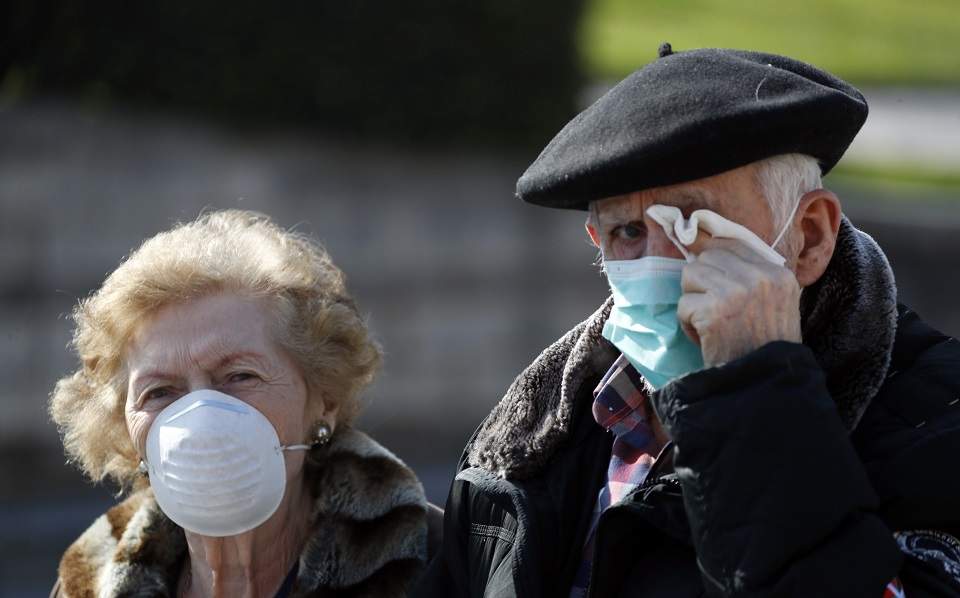Caring for the elderly during this difficult period

When it comes to COVID-19, older people are especially vulnerable to severe illness. Research has shown that adults 60 and older, especially those with pre-existing medical conditions, especially heart disease, lung disease, diabetes or cancer are more likely to have severe — even deadly — coronavirus infection than other age groups.
If we are caring for an older loved one, we might be worried. One important way to lower the risk of our older family members catching COVID-19 is to limit in-person visits. However, this is being tough for older adults who cherish time spent with family members and friends.
Physical distancing does not have to mean isolation or loneliness. We need to keep older adults safe, but also keep in mind that social isolation can have a negative impact on older people’s immunity and mental health. It is easy to let negative thoughts and feelings creep in around the COVID-19 pandemic. Keeping a positive mindset is a big support that we can give to our elderly.
Interacting and being socially engaged is so important to get through this difficult time. However, we know from what took place in the past months, that the best prevention is for the elderly to social distance and keep away.
But, the elderly rely on social connection more than most and they need it now more than ever. The elderly and retired sometimes need a helping hand and they also often need to have people around them.
The present circumstances are depicting a situation whereby young people and older people are getting COVID-19. Young people and older people with coronavirus do get sick and require hospitalization, so it is a disease of all ages. However, most of the younger adults that are sick enough to be in hospital are likely to recover. On the other hand, elderly patients with health complications struck with COVID-19 are battling the virus and some are succumbing to it.
It is not only up to the elderly to distance themselves from others and take the necessary health precautions. It is also the responsibility of other age groups to follow the advice and instructions as provided by the health authorites. The elderly should be treated with utmost care, respect and dignity. This is why the older generation needs our support to feel safe and at the same time stay connected.
